Rudolf Steiner tells the teachers in training on Day Six (August 27, 1919) that they will not only be teachers in the new school but also advocates for Waldorf education.
He highlights this: “inward is the path.”
At the time the first Waldorf school was opening, experimental psychology played a large role in education. And a big part of this psychology was designing studies to illuminate how children learn.
Steiner points out though that after the psychologists have “anatomized, or should we say tortured (for the procedure is not pleasant) the soul of their experimental subjects,” they arrive at conclusions that are rather obvious and common sense.
The example Steiner uses in this lecture concerns reading comprehension. The conclusion drawn from the experiments is that human beings can only comprehend and remember what they’ve learned if they understand the meaning of that subject.
Steiner comments, “If the conclusion of these experiments is correct, then I could have known it anyway, for I should like to know what person equipped with ordinary common sense would not already realize that a passage is easier to remember if you have understood the sense of it than if you have not.” Studies and tests that try to show how and what students comprehend are often very removed from true education!
We cannot simply break down the process of comprehension, follow each step in isolation, and expect learning to be the outcome.
Steiner’s main point? “Human life calls for more than education in the realm of meaning.”
There is more to learning than explaining the meaning of what students will read and then reading it. There is much that can come before the explanation, much that is necessary to prepare for understanding. Much that can come years before the explanation even! We must first educate the will.
Jean: One of my Waldorf education mantras is: the experience before the explanation.
Steiner: “If you let the child repeat sentences that he is nowhere near to understanding because he is too young, if you make him learn these sentences by heart, you are not working on his faculty of understanding since you cannot explain the meaning which will only emerge later on for him, you are working on his will, and that is what you should, indeed must, do.”
“You must on the one hand endeavor to bring to the child whatever is pre-eminently artistic: music, drawing modelling and so on; but on the other hand you must bring to the child things that have an abstract meaning in such a way that though he cannot understand the meaning as yet, he will be able to do so later on when he is more mature because he has taken them in through repetition and can remember them.”
Alison: True education begins with the profound understanding that the child is a spiritual being. The child’s cognitive growth can only be achieved when the entire person is moved. The heart becomes the fulcrum through which the balance of the hands and head is achieved. The image of a see saw is useful here:)
The end must be seen in the beginning. For me (Alison) this is very moving. We sometimes look at our task as teachers in a sort of sound byte time frame. What is the bigger picture?
Each year we need to reflect on where we have been and where we are headed. This will clarify what we need to do in this moment before us. We need vision to truly teach. This is where the progression of the Waldorf curriculum comes in and provides such a necessary anchor in our approach. This idea of the end being in the beginning is why it is such a great thing for the same teacher to be with a group of children over a longer span of time. In many ways, home schooling allows us to luxuriate in taking this longer, slower view of our children and their education. We have time and we should use it reflectively.
“What we need for education is a knowledge of certain mysteries of life.”
Check out reflections on Foundations, Day Six.
The Steiner Cafe is a place to explore and reflect on the lectures that Rudolf Steiner gave at the Teacher’s Seminar in 1919, the very first Waldorf teacher training. Each month here, we ponder one day of the seminar.
To read reflections on previous lectures, check out The Steiner Cafe page.
These lectures are published in three books; the morning lectures in The Foundations of Human Experience; later morning lectures in Practical Advice to Teachers; and afternoon lectures in Discussions with Teachers. We invite you to pick up the books and read along.
If you prefer, you can read online at www.rsarchive.org, or listen at www.rudolfsteineraudio.com. Or, just meet us here each Thursday or Friday at The Steiner Cafe for some lively discussion. Lot’s of options! Hope you’ll join us.

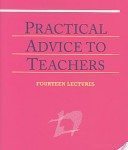
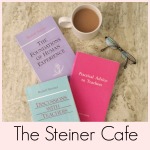
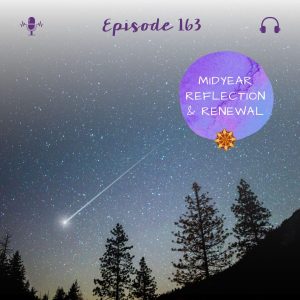

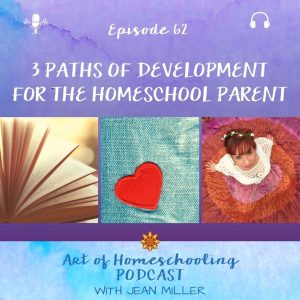
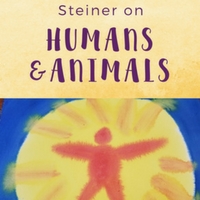
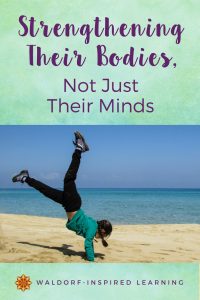

One Comment